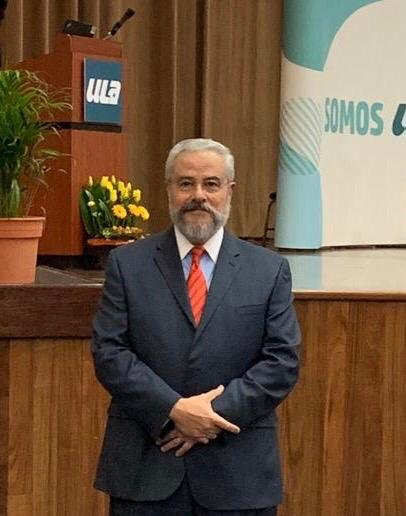Introduction.
Education is and has been part of the life of the human person throughout their existence. The history of humanity and its diverse cultures shape the history of education.
Development.
Consciousness and self-awareness allow the person to know the relationship that exists between the world and himself. The human person has the reflective capacity that allows them to empathize not only with themselves, but also with others. This empathy with others has allowed him throughout history to educate his contemporaries in the areas required for their survival. This is how the relevant education at the beginning dealt with the skills for hunting, agriculture, war and so on according to the different stages that history and its cultures presented. This transmission of knowledge and skills (technical and tacit/significant knowledge) has required, to a greater or lesser extent, that empathy.
The human subject has the ability to approach the other-self within his or her world, which is the society and culture in which he or she lives. Through all stages of the history of education, we can feel that reflective capacity to see and understand the world of the other as the other experiences it. This empathy has been extremely necessary in all educational processes of humanity.
Empathy is being guided by the experience of the other person who is in front of me. It is settling into the other without losing my own self. Empathic education is identifying the best way in which that other-self can install the experiences that I want to transmit to it and introject them as its own, to the point of being able to replicate them to other human subjects.
Humanity has gone through times in which slavery was practiced since ancient times and until relatively recently. Slavery dehumanized the person because in addition to his freedom, it took away his dignity, which is to prevent him from being a person in order to treat him as a thing. Slavery deprives him of the possibility of appropriating his Greek “prosopon” to adopt the one dictated by his master and, furthermore, it distances him from the Trinitarian concept in which the human person has the option of being man and divinity in the same subject. The enslaved person, therefore, did not have the possibility of educating himself and learning what would bring him closer to his goal in the search for divinity, but had to train in what the master found most convenient. I talk about training as a merely mechanical activity that falls short when we talk about dignified learning.
Learning that dignifies is that which brings a person closer to their maximum potential. It is one that, in Carl Rogers’ terminology, allows the person’s self-actualizing capacity to be developed to the maximum.
The dark areas of humanity, such as those during the existence of slavery, have also been dark for education by inhibiting the possibility of the human subject to identify what makes the most sense for his or her own education. The training of children and young people in our current societies is determined to a greater extent by governments. The possibility of choice comes after education considered “basic”. The Chinese, Greeks, Egyptians and other ancient peoples dictated the bases of education and punished those who deviated from these guidelines. Several philosophers and free thinkers have been persecuted and killed for not respecting these guidelines that suit governments.
Conclusion.
Freedom must be based on truth. The human subject comes to know and know himself when in freedom he is allowed to educate and identify himself and others with the reflection that empathy gives him, and which also allows him to experience in himself what is of himself and what is of the another, understanding the difference at all times.



